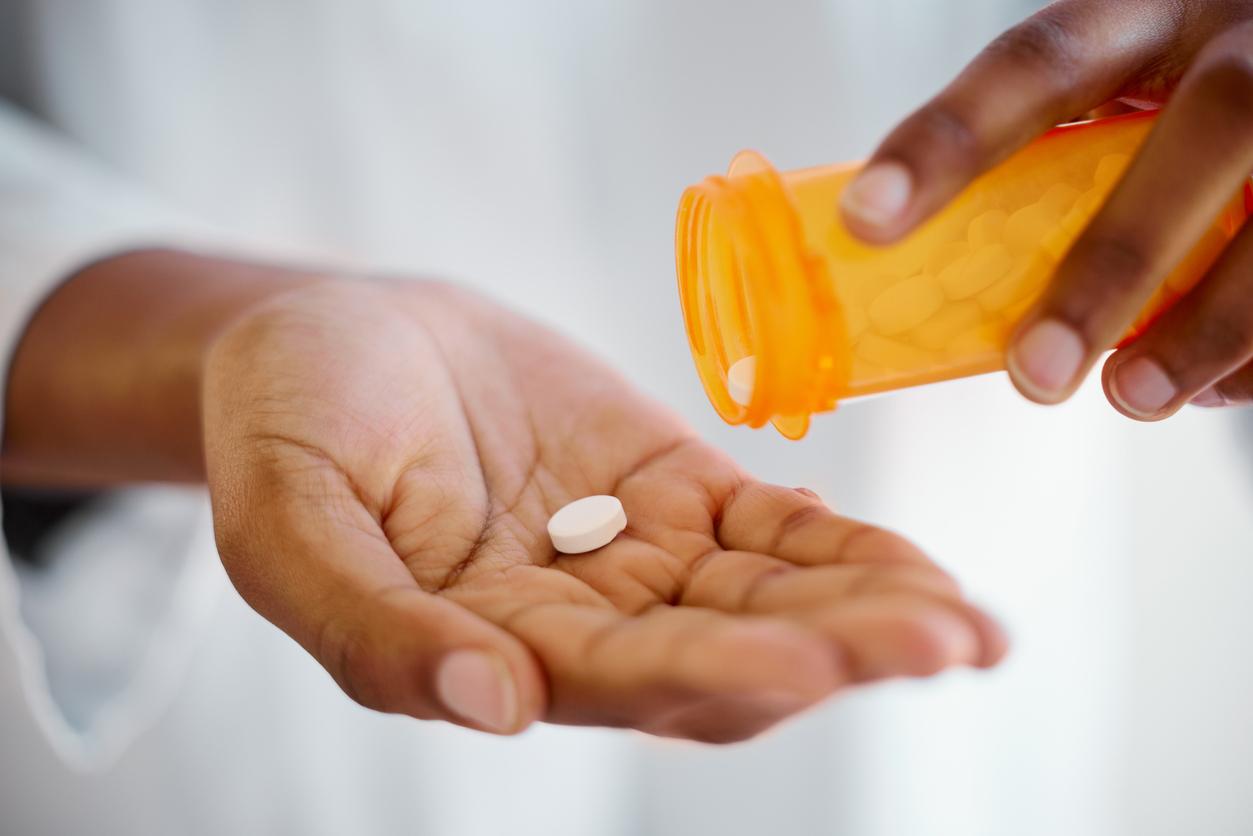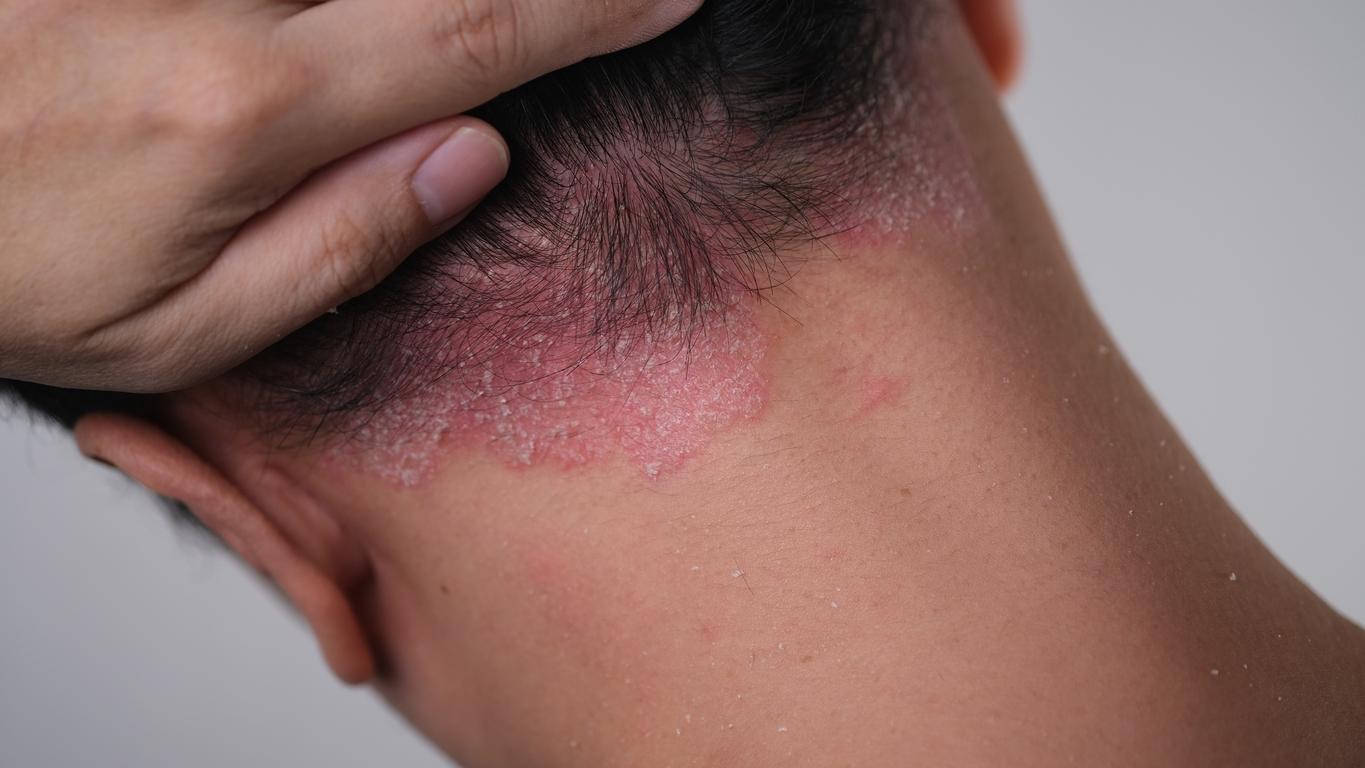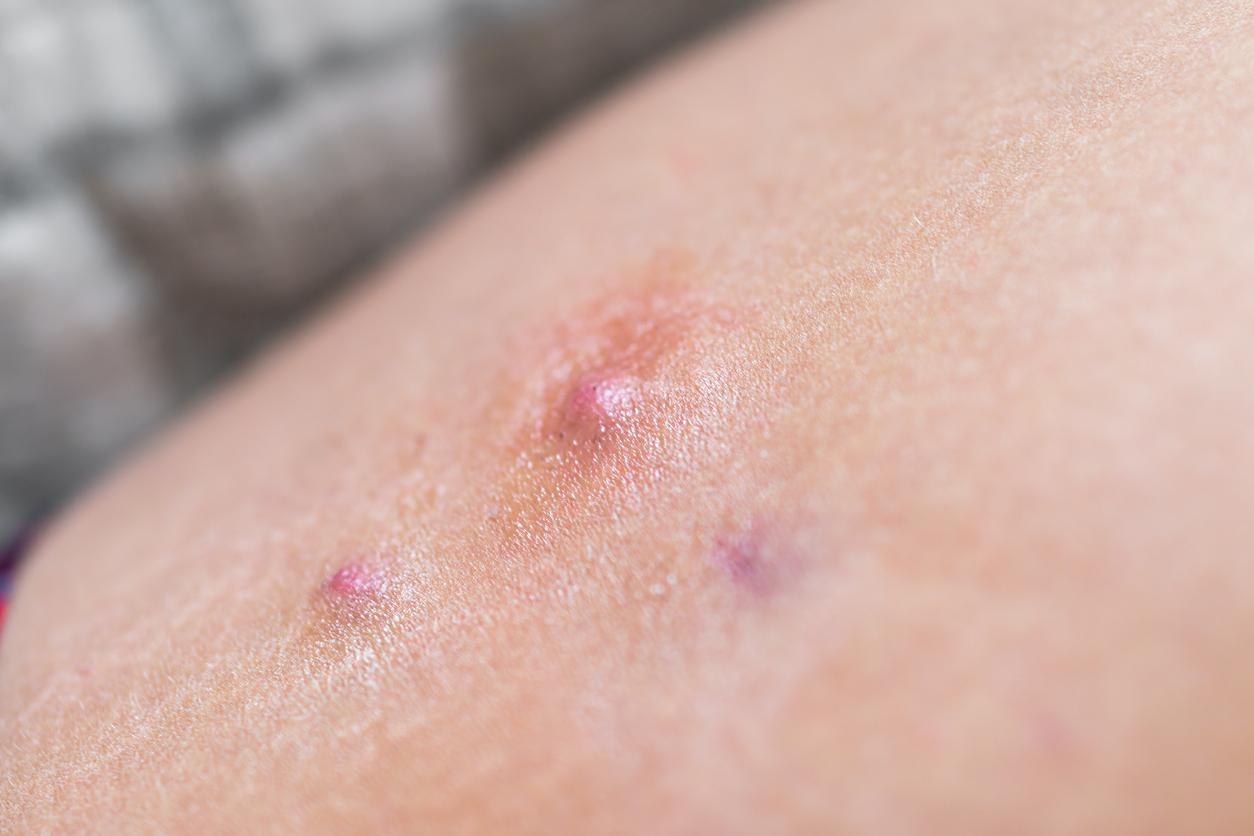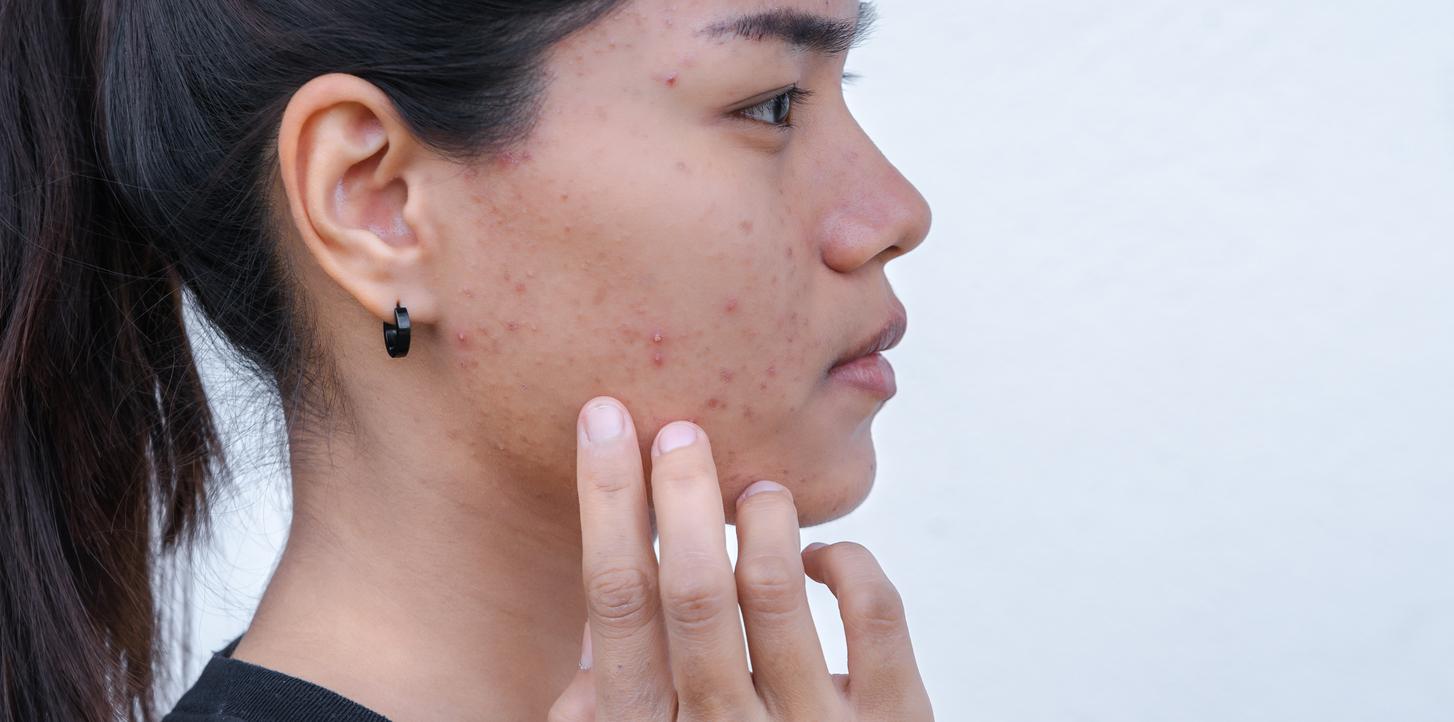To clean your baby, you may want to use soap and water rather than regular washcloths and wipes. What do we blame for these products supposed to be suitable for baby’s skin? They would be soiled by allergenic molecules, antibacterials or antioxidants, “toxic or even endocrine disrupting”. This is the response provided by the UFC-Que To Choose consumer association after laboratory tests. Of the 34 samples examined, 26 wipes and 6 toilet milks would be contaminated with these unwanted components.
In total, 94% of the products tested are potentially harmful, warns the association. It denounces the presence of allergens in 12 wipes and 2 toilet milks.
In 14 wipes, we would find the famous phenoxyethanol, this preservative already denounced by the Agency for the Safety of Medicines and Health Products (ANSM) because of its toxicity for reproduction and development.
Also incriminated, paraben, this endocrine disruptor already banned from many cosmetics. It would be hidden in 6 brands of wipes.
Using such substances is risky for babies because the wipes are passed over the irritated baby’s skin several times, making them easier to penetrate. Without forgetting the endocrine disruptors which could harm the normal development of the child (malformations).
More regulation
the phenoxyethanol has already been singled outin the past. The ANSM recommended in a reportthat for children of 3 years, the use of phenoxyethanol is withdrawn from cosmetic products intended for the seat. For other products, it advocated a restriction of its concentration to 0.4% (instead of the 1% currently set by European regulations).
Obviously, this suggestion was not accepted by the manufacturers of baby wipes. As the UFC-Que Choisir emphasizes, a quarter of the wipes analyzed exceed 0.4% phenoxyethanol.
The association’s message to parents is clear: stop using baby wipes and milk until manufacturers eliminate these compounds from their products.
It also asks “the European Commission to strengthen regulations for products intended for young children, and in particular to make mandatory the recommendations expressed by experts”.


















